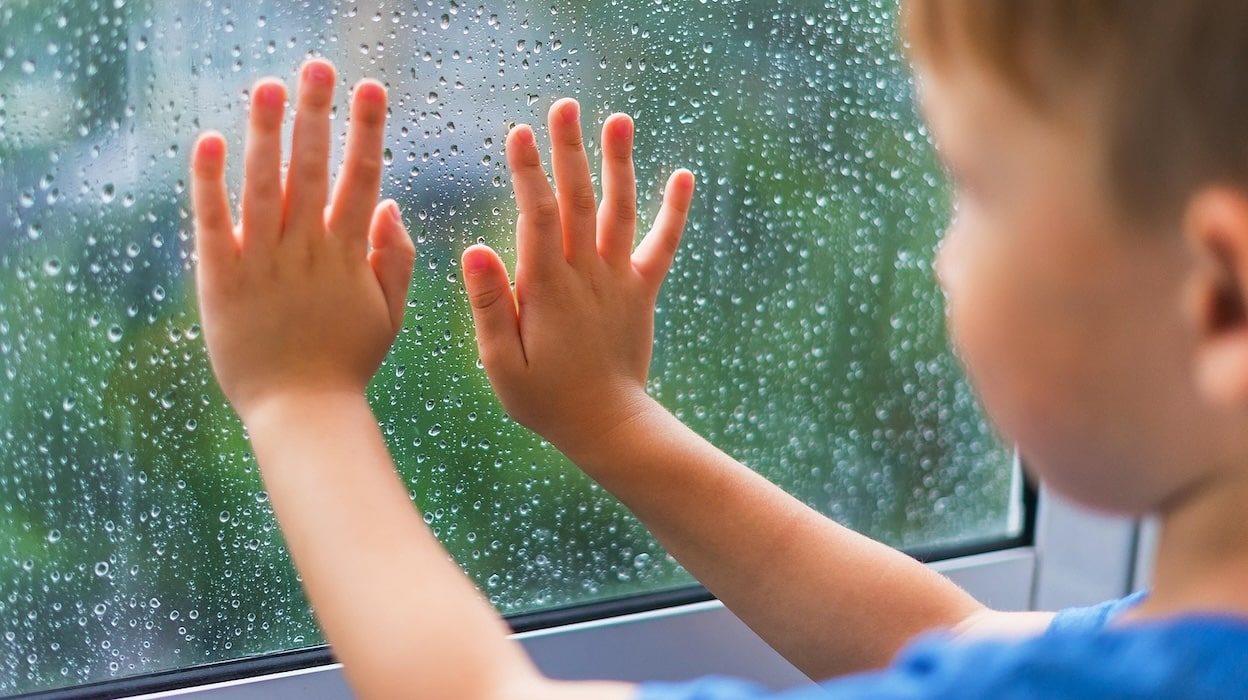Working In Bad Weather and Bad Circumstances

Winter finally reared its post-holiday snowy head across the states. Nearly three weeks into 2024, more than 50 percent of states were blanketed in snow. The winter blast even caused record snowfall in states like Mississippi. Schools, daycare centers, and adult care facilities were either closed or had delayed openings, but many more work offices remained open and on-time, causing havoc for families that had to make immediate care plans for their children or loved ones.
Is this snow storm odd? Yes, but there is a reason for the oddity that is at work here — global warming. Winter blizzards may seem to contradict the idea of global warming, but those blizzards are an effect of climate change.
During the recent series of inclement weather, some workers had the option to work from home or to take time off to care for their children who were home due to school closures or loved ones. However, many more were left to make a choice between their paychecks and caring for home-bound children and loved ones. Some even were sent packets on what parents should teach the children while they were out of school. So now, parents frenzied by having to find impromptu child care plans or frustrated by having to take care of loved ones who typically are at care facilities, are now being tasked with teaching their students and caring for ill loved ones. Further, with storms come power outages that affect work-from-home employees and parents charged with becoming teachers as well.
The sobering irony is that employees who do not have paid sick time benefits are vulnerable to economic insecurity. In other words, employees who have to take unexpected time off from work to care for children who are out of school or ill loved ones without having the benefit of paid family and medical leave, are actually in greater jeopardy of facing serious financial impacts.
The mid-January record winter storms that pummeled the nation are not disconnected from the topic of paid sick time or paid family and medical leave. Just as scores of workers have to show up for work while they or a loved one is sick, they also have to work during inclement weather.
The issue of employees lacking paid sick or family and medical leave has wide reaching effects. No one should have to choose between their care responsibilities and keeping the lights on or food on the table. The truth is workplaces that prioritize the well-being of their workers––by providing paid family and medical leave––simply work better. It is not surprising that an employee would be more cheerful when their livelihood is not on the line.
How can one choose between staying home to care for a child when schools or daycares close, and going to work to ensure they earn the pay they need to care for them? It is an impossible choice that should never be on the table to begin with. Workplaces need to work for all employees so that no one must compromise the needs of family and loved ones. While the paid leave movement has progressed in recent years, many individuals — nearly 25 percent — still lack access to paid time off to have a medical appointment, heal, or to bond with a child. This is unacceptable.
People scoffed at the idea of climate change and global warming. Look where we are, cities in Mississippi covered under seven-plus inches of snow. And there may be more odd storms on the horizon. Lack of access to paid family and medical leave is a storm in and of itself. However, unlike the effects of global warming, paid family and medical leave is a storm that can be prevented.
by Safiya Simmons, FV@W Director of Communications